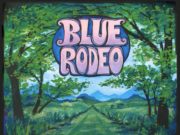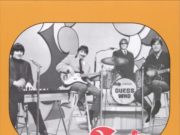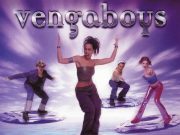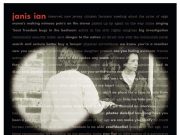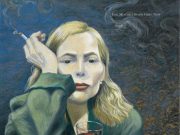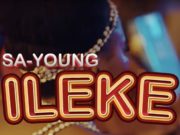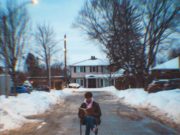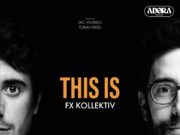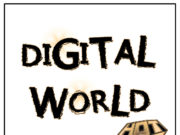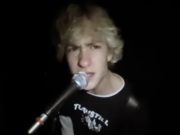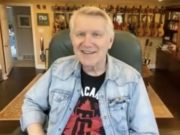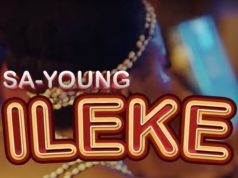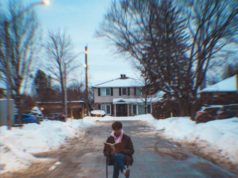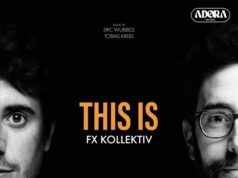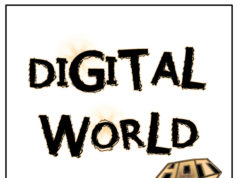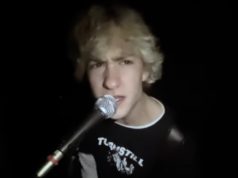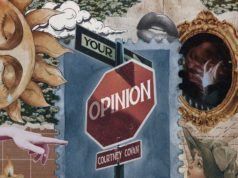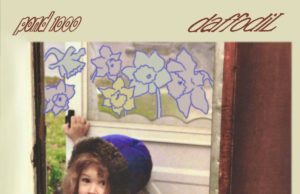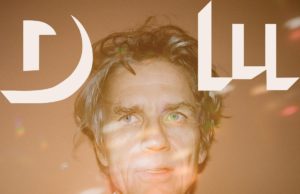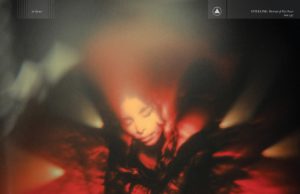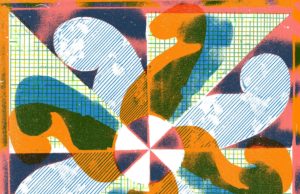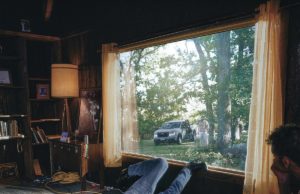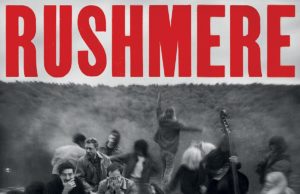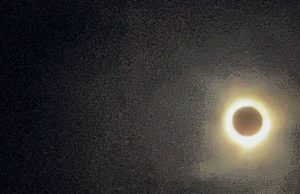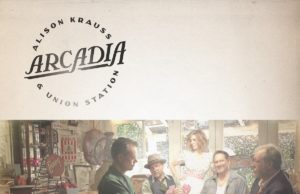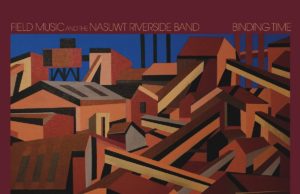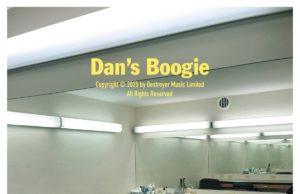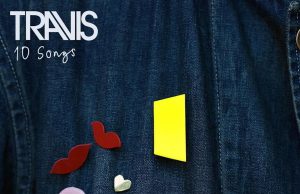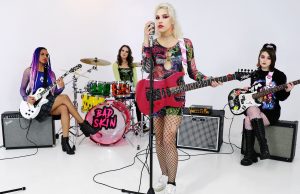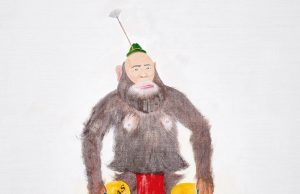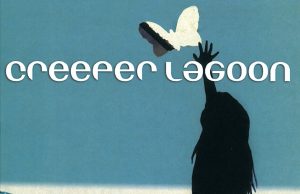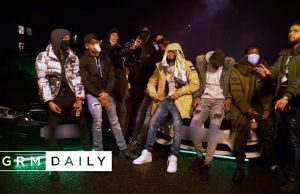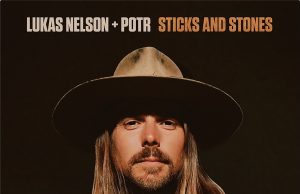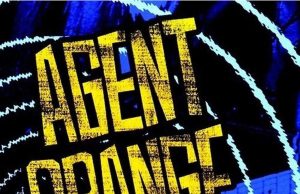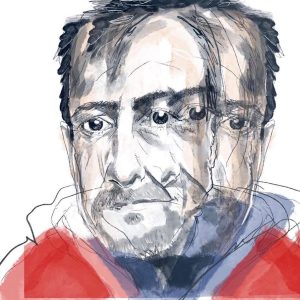 They’re telling us Now And Then is the last Beatles song. I finally heard it, after weeks of hype, this morning at 10 a.m. ET. When I set a notification alarm at 5:30 a.m. for its release on YouTube, I was one of 1.5K people who had already done so.
They’re telling us Now And Then is the last Beatles song. I finally heard it, after weeks of hype, this morning at 10 a.m. ET. When I set a notification alarm at 5:30 a.m. for its release on YouTube, I was one of 1.5K people who had already done so.
The 12-minute documentary film promoting the song had 1.5 million views within 12 hours of being posted. This is where we were first given a taste of what the song would be like — a John Lennon ballad from the Real Love and Free As A Bird era, with the same origin story.
Like those two songs, released on the Beatles’ Anthology in 1995, Now And Then was one of the home demo songs on two old cassette tapes which Yoko Ono gave to Paul McCartney during production of the Anthology project. The idea was to listen to the songs on the cassettes and see if there was anything unused on there — begun by Lennon on piano and vocal in his Dakota apartment — which could be completed by the surviving Beatles.
The original demo dates to circa 1977, during Lennon’s five-year absence from the music business which he took to focus on raising he and Ono’s son Sean, who was born in October ’75.
While mid-’90s technology was adequate to clean up demos of Real Love and Free As A Bird so Paul McCartney, George Harrison and Ringo Starr could finish the songs, the scratch recording of the third song — Now And Then — had issues which couldn’t be adequately overcome. There was tape hiss, of course, but Lennon wasn’t always on mic either. It was just too rough for The Beatles and Jeff Lynne to base a new recording upon.
But that was nearly 30 years ago. Since then, the song has become legendary — like the infamous Carnival of Light, a 14-minute avant-garde recording the group made in mid-January 1967 during one of the final sessions for Penny Lane. It was commissioned for and played at an event called the Million Volt Light and Sound Rave at London’s Roundhouse on Jan. 28 and again on Feb. 4 — but almost not at all since. Practically nobody has heard it. Paul tried to get it included on Anthology, but George and Ringo vetoed it.
Director Peter Jackson, who made the 2021 Let It Be documentary, is a big Beatles fan. He was aware of the existence of Now And Then and the fact that it has sat on a shelf, abandoned by The Beatles, since 1995. Jackson convinced McCartney that modern technology — some of which he and his team developed during Let It Be — could probably overcome the issues with the source tape, allowing he and Starr to take what they and Harrison began in 1995 and finally complete it.
Jackson’s software allows the user to take any soundtrack and separate the different components into separate tracks. Sean Lennon believes his father, always interested in the latest advances in recording technology, would have loved this.
McCartney was excited to finally revisit Now And Then. “We thought, well, we better send John’s voice to (Jackson),” said McCartney. “An hour later or however long it took, and there it was — John’s voice, crystal clear.”
In 1995, Harrison, McCartney and Starr had already done some work on the song. Some of what Harrison, who passed in 2001, recorded is used on the Now And Then — making it a true four-Beatles track. McCartney and Starr provided new overdubs and arrangements, replacing, augmenting or finishing the work begun in the mid-’90s. McCartney says the slide guitar part he did for Now And Then was done deliberately in Harrison’s style, as a tribute to him and to enrich the sense that all four men were playing.
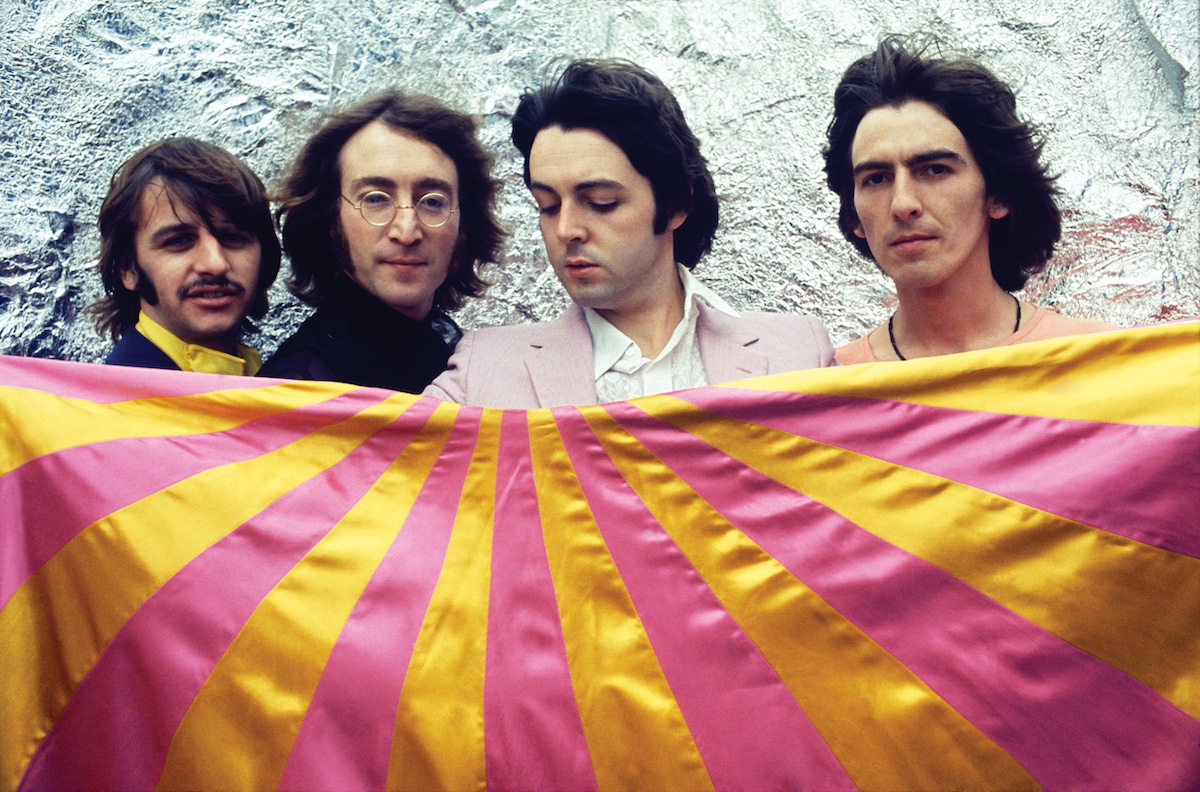
There’s a string section on the track with music written by Giles Martin (Beatles producer George Martin’s son), McCartney and Ben Foster. McCartney and Martin added in vocal sequences from Here, There And Everywhere and Eleanor Rigby from 1966’s Revolver, and the nine-part harmonies from 1969’s Because into the Now And Then.
As a song, Now And Then is lovely — one of Lennon’s wistful love songs. Let’s face it — The End from 1969’s Abbey Road is the definitive “final” Beatles song. Now And Then is the last. A sweet coda.
It is emotional for me to hear it. Particularly the isolated Lennon vocal in the 12-minute documentary released Nov. 1. This was Lennon at his happiest — a home husband, with a child he doted on and a rekindled relationship with McCartney. It’s not known exactly when Lennon’s demo was recorded, sometime in 1977. In April the previous year McCartney and Lennon were together at the Dakota watching Saturday Night Live and nearly called a cab to go down there after Lorne Michaels offered them $3,000 if The Beatles would reunite on the show. They decided they were too tired to do it properly.
Lennon and Ono were a team again after some time apart in the mid-’70s. He’d cleaned up and his citizenship issues were sorted. Now And Then was written while he was fully in command of his talents and his life. You can tell.
A video for Now And Then gets an official release Friday. You can order a variety of 7″ records of it in black, blue and red, to promote the simultaneous Nov. 10 re-release of the 1973 Blue and Red compilation albums. There’s also a 12″ vinyl version and even a cassette. Martin is credited as producer of the new material. Lynne gets credit for additional production on Now And Then.
Poetically, the flipside of Now And Then is a new stereo remix of Love Me Do — pairing The Beatles’ last single with their very first (Oct. 5, 1962).
Now and then.
John Lennon – lead and backing vocals
Paul McCartney – lead and backing vocals, bass, slide guitar, piano, electric harpsichord, shaker
George Harrison – backing vocals, acoustic guitar, electric guitar
Ringo Starr – backing vocals, drums, tambourine, shaker
• • •
Area Resident is an Ottawa-based journalist, recording artist, music collector and re-seller. Hear (and buy) his music on Bandcamp, email him HERE, follow him on Instagram and check him out on Discogs.


